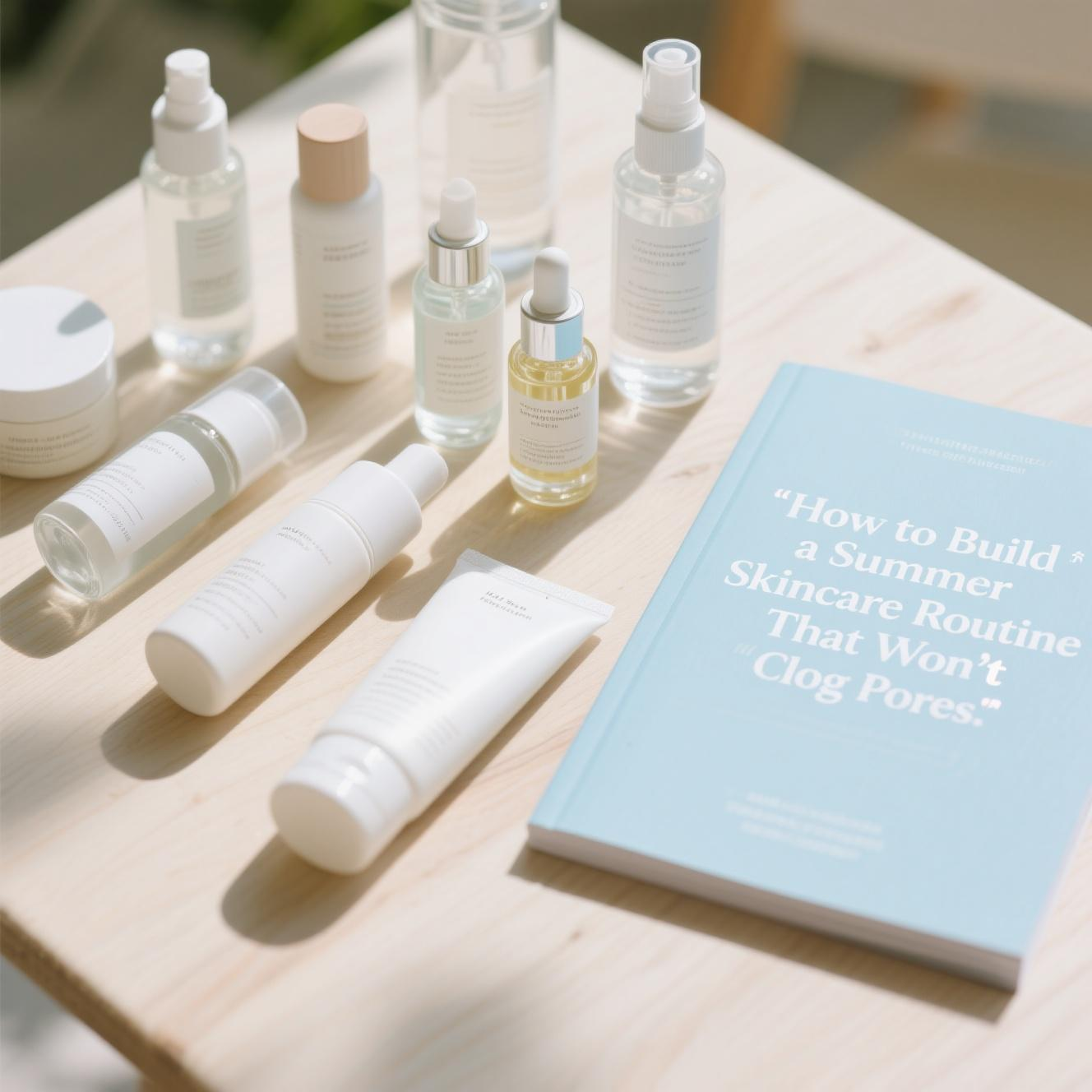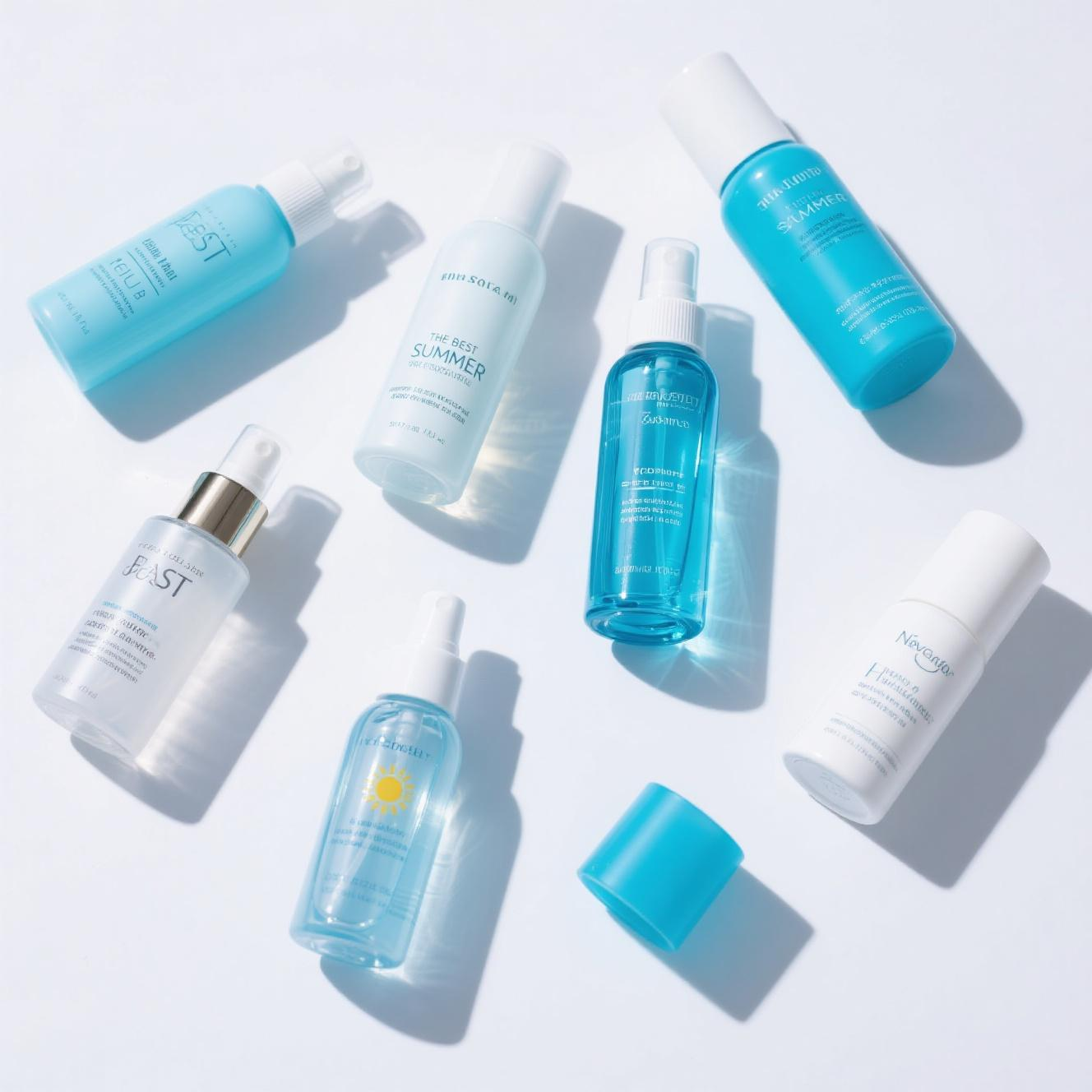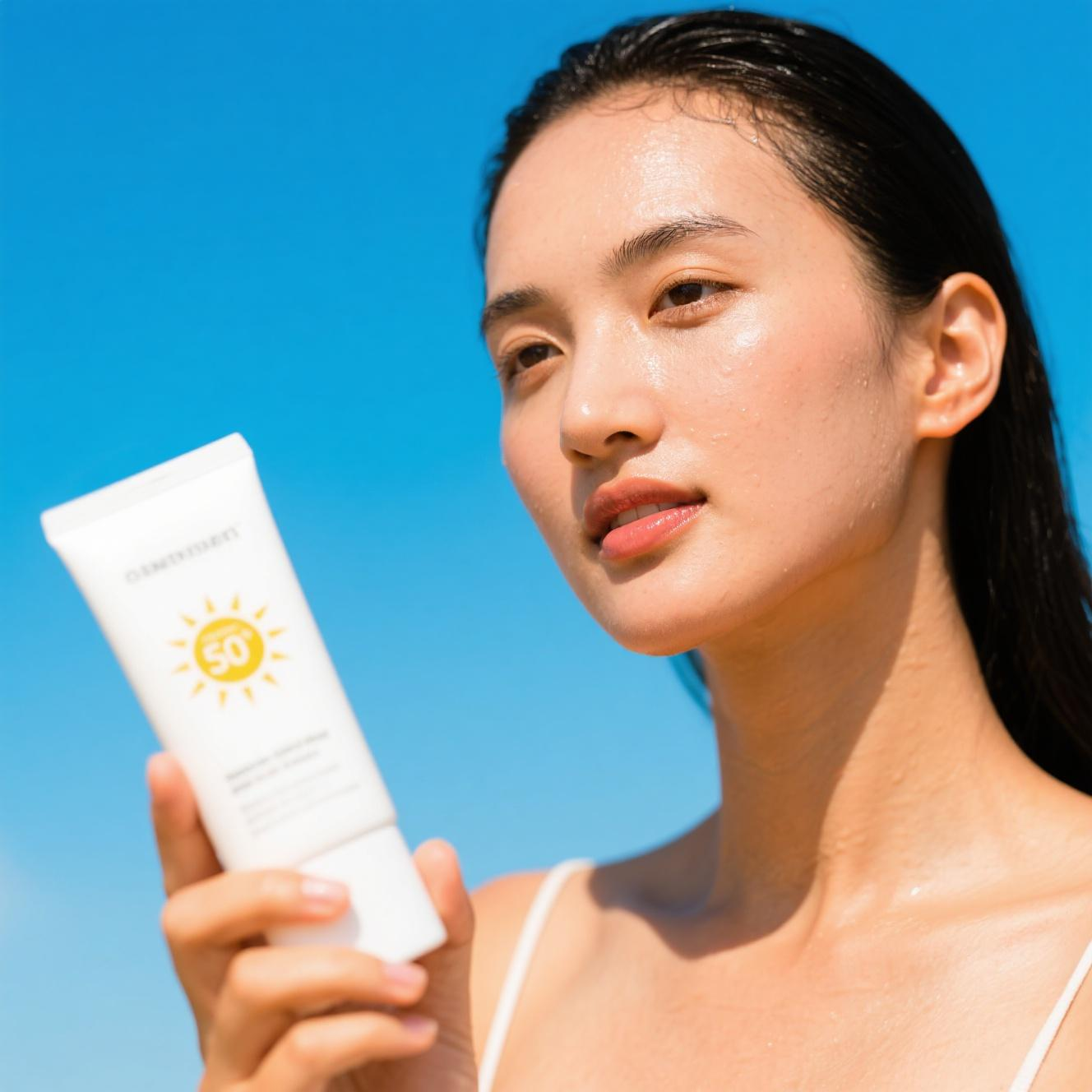A New Era of Inclusive Beauty
For decades, luxury skincare and beauty were defined by exclusivity — limited shades, narrow ideals, and the assumption that premium products were only made for a select few. In 2025, however, this mindset has been turned upside down. The modern definition of luxury is evolving into something far more meaningful: inclusivity, diversity, and authenticity.

High-end skincare brands are now embracing a more holistic approach that celebrates every skin tone, texture, and background. This shift marks the rise of what many are calling universal luxury — a new wave of skincare and beauty designed to meet the needs of all individuals, not just a privileged subset.
Luxury today is not about owning what others can’t have, but about access to quality and confidence for everyone. It’s about products that perform exceptionally well while respecting the diversity of human skin. From the science behind formulations to the way products are marketed, inclusivity is becoming the cornerstone of the beauty industry’s future.
The motivation behind this transformation goes beyond business. Consumers now demand representation, honesty, and transparency. People want brands that understand them, reflect them, and design products with genuine empathy for every hue and texture. And finally, the industry is responding.
Understanding Your Unique Skin
Every person’s skin tells its own story. It carries a unique balance of tone, undertone, sensitivity, and environmental response. Learning to understand this individuality is key to finding skincare that truly works for you.
One of the most essential steps is identifying your skin undertone — the subtle hue beneath the surface that influences how products blend and appear on your skin. If your veins appear blue or purple under natural light, your undertone is likely cool; if they look greenish, you probably have a warm undertone. Neutral undertones show a mix of both.
Understanding this helps you select foundation shades, tinted moisturizers, and even serums that complement your complexion instead of masking it. A perfect product match enhances your natural glow rather than hiding it.
Beyond tone, many people face skin challenges that are unique to their complexion. Hyperpigmentation, for example, often appears more visibly on deeper skin tones due to increased melanin activity. Brightening ingredients such as vitamin C, niacinamide, and glycolic acid can help even out skin tone, reduce dark spots, and restore radiance — but the best products use these ingredients gently and progressively, avoiding irritation or over-exfoliation.
Modern luxury skincare is not about one-size-fits-all formulas; it’s about personalization through understanding. The best results come when science, innovation, and respect for diversity come together.
Sunscreen: The Universal Protector
If there’s one product that unites all skin types and tones, it’s sunscreen. Sun protection is not optional — it’s a universal need. Yet for many years, sunscreen formulations failed to consider darker skin tones, leaving a chalky or ashy residue that made daily use unappealing.
Fortunately, innovation has changed this landscape. Today’s luxury sunscreens are formulated to provide broad-spectrum protection that feels lightweight and invisible, no matter your complexion. Ingredients like zinc oxide and titanium dioxide have been refined into micronized forms that blend seamlessly into the skin. Many high-end brands now also incorporate hydrating and soothing components such as hyaluronic acid, aloe vera, and shea butter, ensuring comfort and nourishment along with protection.
It’s a myth that deeper skin tones are naturally resistant to sun damage. While melanin provides some natural defense, it doesn’t make the skin immune to harmful UV rays. In fact, darker skin may show signs of sun damage later — often in the form of uneven pigmentation, premature aging, or texture changes. Using a quality sunscreen daily prevents this and maintains long-term skin health.
Luxury in 2025 is about inclusive science — the idea that protection, prevention, and performance should belong to everyone.
Advanced Aesthetic Treatments for Every Skin Tone
Luxury skincare isn’t limited to jars and bottles anymore. The world of aesthetic treatments — from laser therapies to at-home devices — has also evolved to become more inclusive.
In the past, treatments such as laser hair removal or Intense Pulsed Light (IPL) therapy were considered unsuitable for darker skin due to higher melanin levels that could increase the risk of burns or hyperpigmentation. Today, technology has caught up. Advanced machines now use longer wavelengths and more precise settings to safely and effectively treat all skin tones.
IPL, which targets pigmentation and redness, can now be tailored for a wider range of complexions. The same goes for laser hair removal devices, which once worked only for fair skin and dark hair combinations. With modern diode and Nd:YAG lasers, these treatments are now safe and efficient for darker skin tones as well.
Even at-home laser and IPL devices have become more sophisticated. However, users should always take precautions: check that the device is approved for your specific skin tone, follow the manufacturer’s instructions carefully, and always perform a patch test before full use. Consistency, patience, and safety are key to achieving visible results over time.
This democratization of technology reflects a greater truth: beauty innovation should serve everyone, not just a select few.

The Industry’s Journey Toward Inclusivity
The beauty industry has made undeniable progress — but the journey is ongoing. Inclusivity now goes far beyond shade ranges or diverse advertisements. It’s about rethinking how products are created, tested, and communicated from start to finish.
Leading luxury brands are taking concrete steps:
- Expanding foundation and tinted product ranges to include undertones and depths that were long overlooked.
- Designing formulas that address melanin-rich skin concerns, such as hyperpigmentation, uneven texture, or post-inflammatory marks.
- Avoiding harsh ingredients that may disrupt the skin barrier for sensitive complexions.
- Featuring models and ambassadors of all ethnicities and backgrounds to represent real diversity.
Equally important is inclusive communication. Brands are moving away from outdated terminology that implies correction or deficiency, and instead focusing on empowerment and education. Consumers are being taught how to understand their skin and make informed, confident choices.
Collaboration is another pillar of this progress. Many high-end skincare companies now work closely with dermatologists, influencers, and community groups across different regions to gather insights and feedback. This exchange of perspectives leads to smarter formulations and, ultimately, more effective products.
In this sense, inclusivity is not just a marketing strategy — it’s the foundation of credibility and trust in modern beauty.
Self-Acceptance: The True Essence of Luxury
Beyond all the science, innovation, and aesthetics, true luxury lies in self-acceptance. Skincare should not make you feel pressured to change who you are — it should help you feel comfortable, confident, and radiant in your natural skin.
The best brands understand this philosophy. They celebrate individuality instead of conformity, offering products that enhance your natural features rather than conceal them. Luxury skincare today is as much about emotional wellness as it is about physical appearance — a daily ritual of care, balance, and appreciation.

In the end, universal luxury is about redefining beauty on your own terms. It’s about access, representation, and empowerment — giving everyone the opportunity to experience high-quality skincare that truly works for them.
As the industry continues to evolve, one message stands clear: beauty belongs to everyone. Every shade, every texture, every story matters.
That is the future of luxury — and it’s more inclusive, more human, and more beautiful than ever before.


